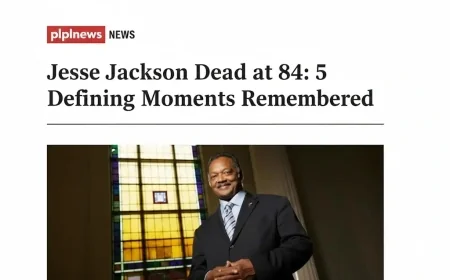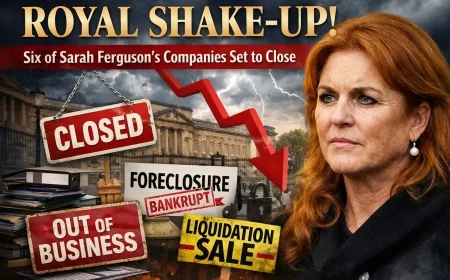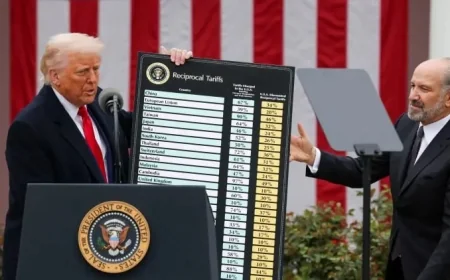The Trump administration wants to allow crypto-backed
The Federal Housing Finance Agency has directed Fannie Mae and Freddie Mac to prepare proposals outlining how they will consider crypto assets in mortgage risk assessments.

• Experts told that mortgage applicants could disclose their crypto assets in the same way they currently disclose stocks and other investments.
• Republican Senator Cynthia Lummis of Wyoming has introduced a bill to codify the FHFA directive into law, while Democrats in the Senate have expressed concerns about risks to the home loan market.
• It's no secret that buying a home is expensive. According to the Federal Reserve Bank of St. Louis, the average selling price of American homes since the end of 2021 has been around $400,000.
• Most homebuyers turn to mortgage lenders to cover this cost, who assess financial details like salary, bank balances, and retirement accounts to determine how risky lending money is.
• Crypto assets are typically not included in this review process. But for the approximately 15% of Americans who invest in digital assets, this could soon change.
• In June, a directive issued by the Federal Housing Finance Agency ordered mortgage giants Fannie Mae and Freddie Mac to develop proposals to consider crypto as an asset in the risk assessment of single-family homes.
The agency's director, Bill Pulte, wrote in a post on X that he ordered both companies to prepare their businesses to count cryptocurrency as an asset for mortgages. Pulte said the directive came "after extensive study, and in line with President Trump's vision of making the United States the crypto capital of the world."
• Redfin's chief economist, Daryl Fairweather, said the process will be similar to how lenders account for stocks and other investments.
• "Lenders will consider the assets held by a potential borrower, and previously, they only considered stocks, bonds, and other traditional investments, but now they will consider less traditional cryptocurrency investments. And it may be a little more difficult for them to assess the risk, but I think they're used to assessing risk," Fairweather said. "There are some stocks that are even more volatile and risky than some of the older cryptocurrencies, so I think it will be fairly easy for lenders to adapt their framework to include crypto."
• The FHFA's move received immediate support from Republican Senator Cynthia Lummis of Wyoming, who introduced a bill to codify this directive into law.
• This directive from the federal lending agency has also been criticized by those who argue that lending through crypto could put new pressure on the home loan market.
In July, a group of Democratic senators sent a letter to Pulte, questioning his "risky proposals" to allow unregulated crypto assets in mortgage loan underwriting. The senators requested information about his directive to Fannie Mae and Freddie Mac and expressed concern that crypto is more volatile than traditional assets. They stressed that Congress and the public should better understand the agency's decision-making process to assess the potential risks and benefits of this order and its impact on the housing market.
• Watch the video above to learn why the Trump administration wants to allow crypto-backed mortgage loans and what this could mean for the housing market.
What's Your Reaction?
 Like
0
Like
0
 Dislike
0
Dislike
0
 Love
0
Love
0
 Funny
0
Funny
0
 Angry
0
Angry
0
 Sad
0
Sad
0
 Wow
0
Wow
0











































